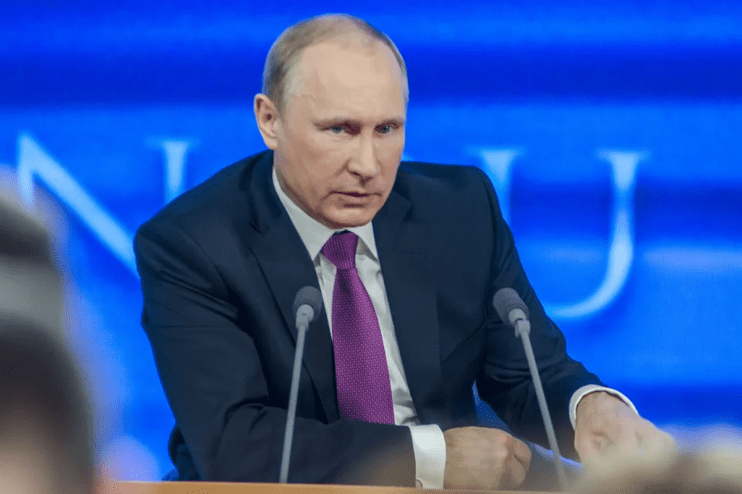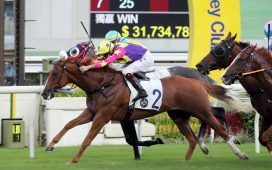Ukraine has called on the world’s anti-money laundering standards body to ‘blacklist’ Russia after the nation bolstered its ties with North Korea.
Ukraine has called on the Financial Action Task Force (FATF) to penalise Russia in order to better protect the security of the global financial system.
The Paris-based group, which meets tomorrow, suspended Russia in 2023, and in February it issued a statement expressing serious concerns about its deepening connections with blacklisted states.
However, Ukraine has said that President Vladimir Putin’s latest visit to Pyongyang this week, which saw the two states sign a defence pact, requiring the countries to provide military assistance in the event either nation is attacked, means the FATF must take further action.
It said Russia must be added to the FATF’s blacklist, which would require all jurisdictions to conduct enhanced due diligence when dealing with Russia, further isolating it from the international financial system.
“The Kremlin has been intensifying military and economic ties with North Korea and Iran, financing terrorist organisations inside and outside Russia, weakening anti-money laundering institutions and sponsoring rampant cyber-crime,” Ukraine’s Minister of Finance Sergii Marchenko said in a statement.
“FATF has one clear way to counter these violations and provide protection to the global financial system – by blacklisting Russia,” he added.
Tom Keatinge, the director of the Centre for Finance and Security at think tank RUSI, said that the explicit strengthening of ties between the two nations could trigger a response from the FATF.
“There is a very specific requirement in the Financial Action Task Force standards to comply with UN Security Council resolutions related to North Korea,” he told City A.M.
“So the question is, how is the FATF going to respond to a country blatantly violating its standards?,” he said.
“It’s so in your face that for the FATF to ignore it would be, personally, I think, damaging to the legitimacy of the FATF,” he added.
While the normal route by which countries would be added to the group’s so-called grey or blacklists is following an evaluation, which takes place every couple of years, Keatinge suggested that process could be bypassed in extreme circumstances.
“Technical people might say, well, you know, Russia needs to go through an evaluation before it could be added to the blacklist,” he said, but added “there is a way of short-circuiting that process, and the very blatant deepening and intensifying of relationships between Russia and North Korea, which, in turn, funds North Korea’s WMD programme, could be a trigger for that to happen.”
The FATF was contacted for comment.








